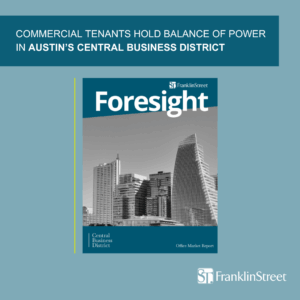Black Friday, the infamous U.S. shopping holiday known for bad behavior amongst deal seekers who traditionally line up well before the crack of dawn to swipe their credit cards and churn billions of dollars into the economy, may be on its deathbed.
But it’s not dead yet. That’s because despite data that shows shoppers think Black Friday is the most stressful time to shop — not to mention the meteoric rise of e-commerce that fuels apocalyptic foretellings of brick-and-mortar retail’s demise — Black Friday is still the No. 1 sales weekend of the year. Yet, seismic change is afoot — and if retailers do not adapt Black Friday could very well become a relic of a bygone era. Bisnow reached out to more than 30 commercial real estate retail experts in the U.S. to ask one question: Is Black Friday still relevant for brick-and-mortar retail? Here are their answers:
NAME: Cary Beale
TITLE: SVP of Retail Landlord Services Division
COMPANY: Franklin Street
CITY: Atlanta
Black Friday has consistently been one of the highest annual grossing sales days since the shopping phenomenon earned its official name in the early 1950s. Consumers still spend more than half of their shopping budgets in-store. I think the most important retailers to consider when analyzing the relevance of brick-and-mortar are the bargain brands such as Walmart, which boasts more shoppers on Black Friday than annual visitors at Disney World. For these giant discount retailers, Black Friday is infinitely important.



